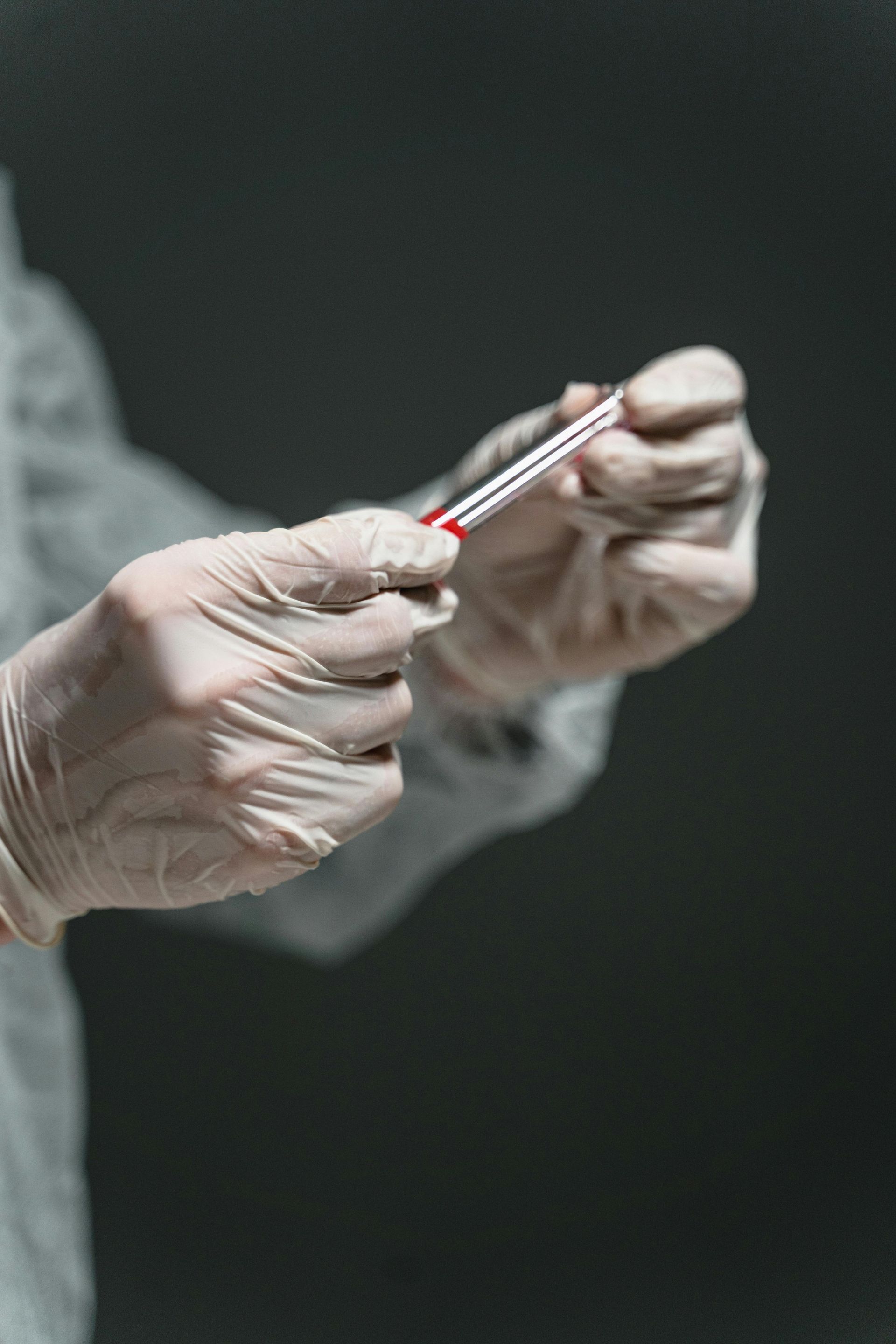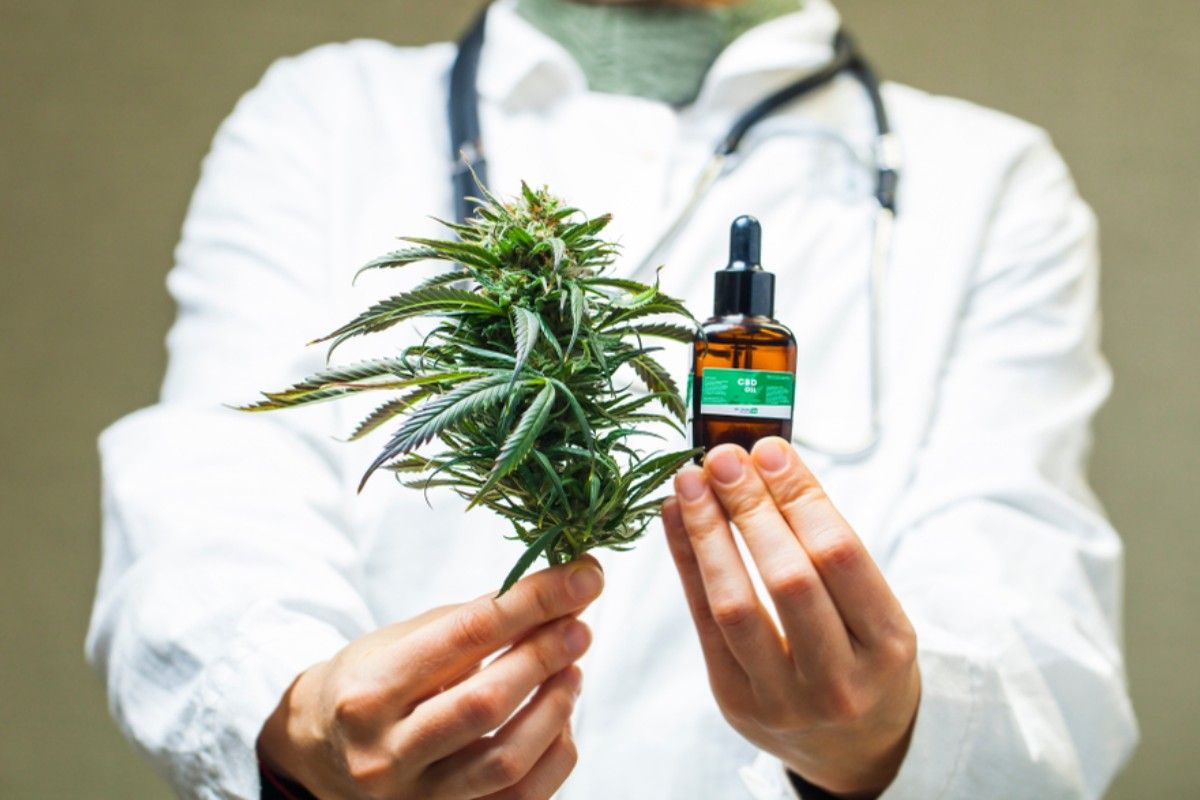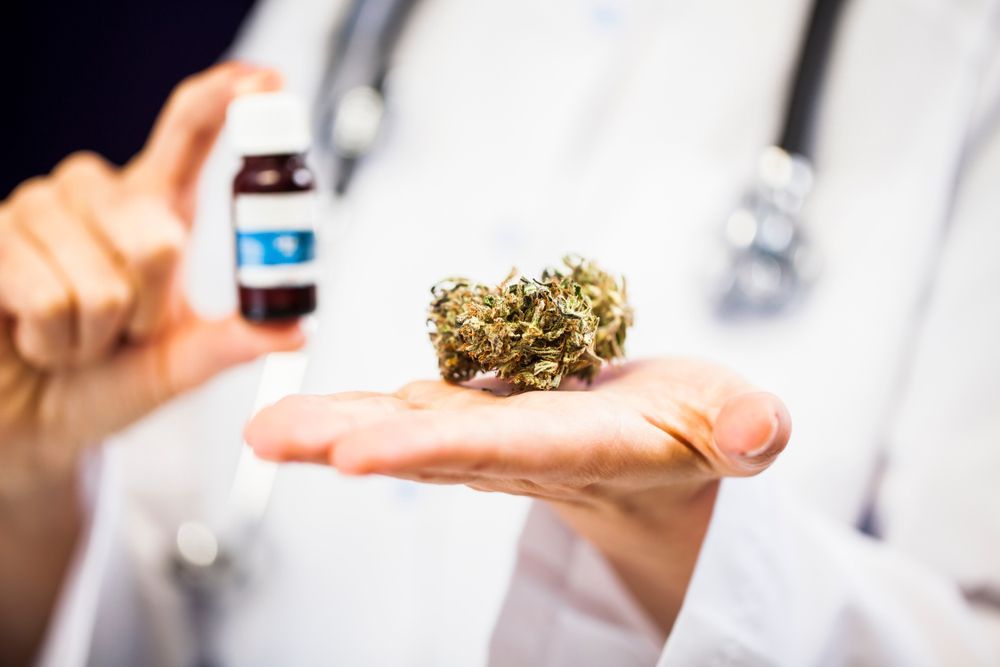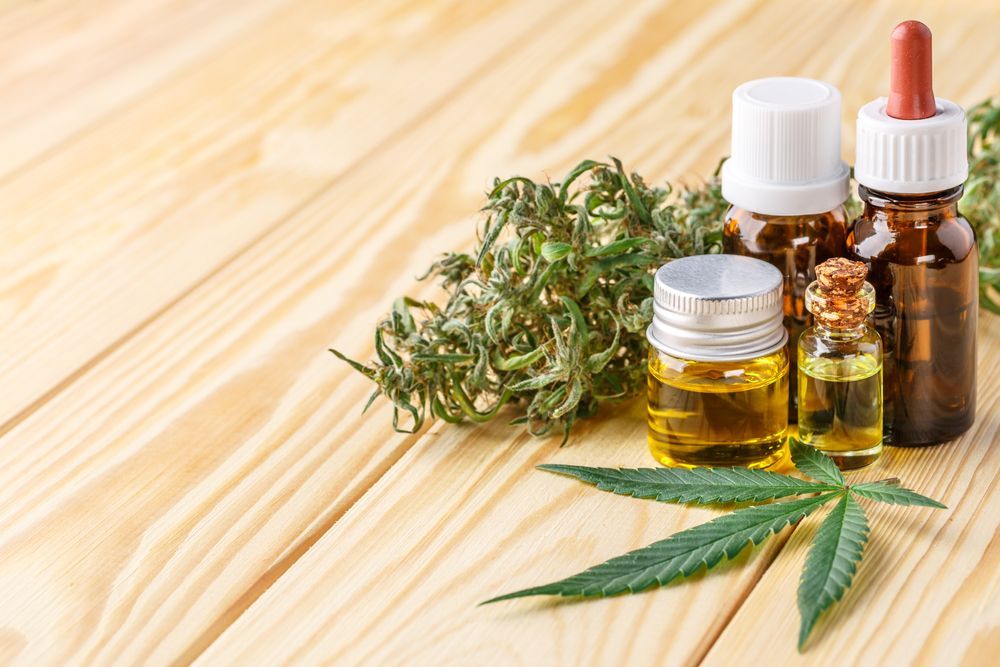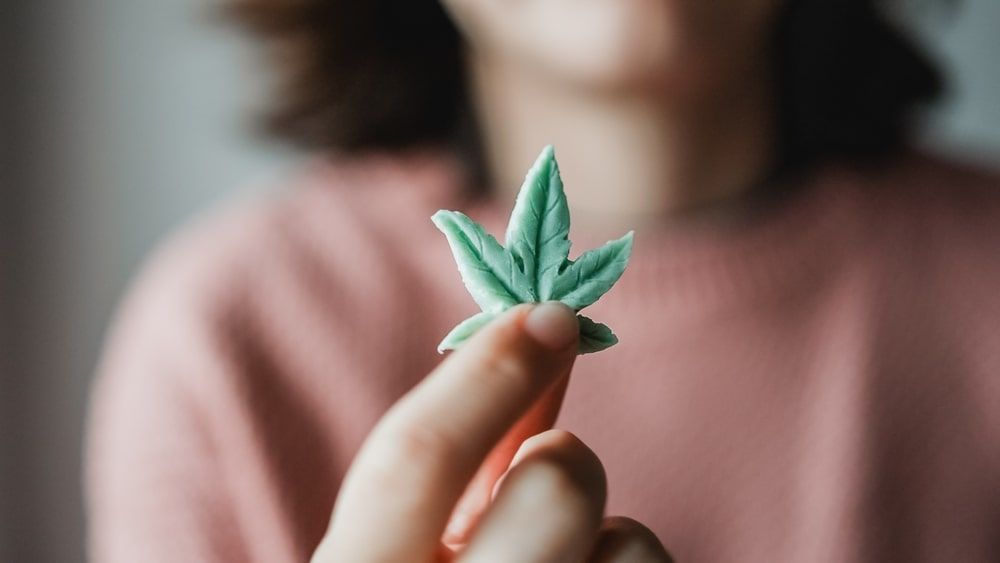Ultimate Guide to Finding the Best CBD for Diabetics
Diabetes is a common condition affecting millions worldwide. Managing it can be challenging, but there's growing interest in using CBD (cannabidiol) to help. This guide will explore how CBD might benefit diabetics, the different types of CBD products, and how to choose the best one for your needs. Always consult with healthcare professionals before starting any new treatment.
How CBD May Help Diabetics
Managing Blood Sugar Levels
CBD might help manage blood sugar levels. Some studies suggest that it can improve insulin sensitivity and regulate glucose levels in the body. Keeping your blood sugar in check is crucial for managing diabetes effectively.
Reducing Inflammation
Inflammation is a common issue for diabetics. CBD has anti-inflammatory properties, which may help
reduce inflammation in the body. This can lead to better overall health and potentially lower the risk of complications related to diabetes.
Alleviating Neuropathic Pain
Diabetic
neuropathy is a painful condition caused by nerve damage. CBD might help alleviate this pain by interacting with the body's pain receptors. This can improve your quality of life and make managing diabetes easier.
Improving Sleep Quality
Sleep is vital for everyone, especially diabetics. Poor sleep can affect blood sugar levels. CBD is known to promote better sleep by calming the mind and body. Getting good rest can make managing diabetes less stressful.
Supporting Mental Health
Living with diabetes can be tough on your mental health. CBD can help
reduce anxiety and stress, which are common in diabetics. Feeling better mentally can make it easier to handle the daily challenges of diabetes.
Types of CBD Products
CBD Oil
CBD oil is a popular choice. It's easy to use and can be taken sublingually (under the tongue) or added to
food and drinks. When choosing CBD oil, look for high-quality products with clear labeling. Full-spectrum oils contain all cannabinoids, including THC, while broad-spectrum oils have multiple cannabinoids but no THC. CBD isolate is pure CBD.
CBD Capsules
CBD capsules are convenient and offer precise dosing. They are easy to incorporate into your daily routine, just like taking a vitamin. Capsules might take longer to feel the effects compared to oil, but they provide long-lasting relief.
CBD Edibles
CBD edibles, like gummies and chocolates, are tasty and discreet. They are a fun way to take your CBD, especially if you don't like the taste of oil. Edibles take longer to work but can provide sustained effects.
CBD Topicals
CBD topicals are applied directly to the skin. They are great for targeting localized pain and inflammation, such as neuropathic pain in the feet. Creams, balms, and lotions are common forms of CBD topicals.
CBD Vapes
CBD vapes offer fast relief because the CBD is inhaled and enters the bloodstream quickly. However, vaping might not be suitable for everyone, especially if you have respiratory issues. It's essential to weigh the benefits and risks before choosing this method.
Full-Spectrum, Broad-Spectrum, and Isolate CBD
Full-Spectrum CBD
Full-spectrum CBD contains all the cannabinoids found in the cannabis plant, including a small amount of THC. This combination may create an "entourage effect," enhancing the overall benefits of CBD. However, the presence of THC means it might not be suitable for everyone.
Broad-Spectrum CBD
Broad-spectrum CBD includes multiple cannabinoids but no THC. It offers many of the benefits of full-spectrum CBD without the risk of THC exposure. This makes it a good option for those who want to avoid THC but still benefit from other cannabinoids.
CBD Isolate
CBD isolate is pure CBD with no other cannabinoids. It's ideal for those who are sensitive to other compounds or want to avoid them altogether. Isolate products can be a good starting point if you're new to CBD.
Choosing the Right CBD for Diabetics
When choosing CBD for diabetes, consider several factors. First, think about the severity and type of your diabetes. Different products might work better for type 1 or type 2 diabetes. Also, consider any existing medications and treatments you're on. CBD can interact with some drugs, so it's crucial to discuss this with your doctor.
Your lifestyle and personal preferences also play a role. If you prefer quick relief, vaping or oil might be best. If you want something discreet and tasty, edibles could be the way to go.
Start with a low dose and gradually increase it. This approach helps you find the right amount without risking side effects. Always consult with a healthcare provider before starting CBD.
Research and Studies on CBD for Diabetes
Research on CBD and diabetes is still in its early stages, but initial findings are promising. Some studies suggest CBD can improve insulin sensitivity and reduce inflammation, which are both beneficial for diabetics. However, more research is needed to fully understand the effects and potential risks.
CBD is generally well-tolerated, but it can cause side effects in some people. These might include dry mouth, dizziness, and changes in appetite. Monitoring your response to CBD is important, and seek medical advice if you experience any adverse effects.
How to Use CBD Safely
Using CBD safely is essential for getting the most benefits. Start by reading labels carefully and understanding the dosages. Keep track of your blood sugar levels and note any changes. It can be helpful to keep a journal of your CBD usage and its effects.
Recognize potential side effects and know when to seek medical advice. If you experience severe side effects or if your blood sugar levels fluctuate significantly, contact your doctor.
Additional Natural Supplements and Lifestyle Changes
Besides CBD, other natural supplements might benefit diabetics. For example, omega-3 fatty acids, magnesium, and chromium are known to support blood sugar management. However, always consult with your healthcare provider before adding new supplements to your routine.
A balanced diet and regular exercise are crucial for managing diabetes. Eating a diet rich in fruits, vegetables, lean proteins, and whole grains can help maintain stable blood sugar levels. Regular physical activity improves insulin sensitivity and overall health.
Managing stress is also important. Techniques like yoga, meditation, and deep breathing exercises can help reduce stress and improve your mental well-being.
Common Myths and Misconceptions about CBD
There are many myths and misconceptions about CBD. Some people believe it can cure diabetes, but this isn't true. CBD can help manage symptoms and improve quality of life, but it's not a cure.
Another common myth is that CBD will make you high. CBD is non-psychoactive, meaning it doesn't produce the "high" associated with THC.
Some think that all CBD products are the same. However, quality can vary significantly. Always choose products from reputable brands and check for third-party lab testing.
Why Choose Our Clinic for CBD Consultation
At our clinic, we have professional doctors and consultants who specialize in CBD and diabetes management. We offer personalized consultations to help you find the best CBD products for your needs. Our experts will guide you through the process, ensuring you use CBD safely and effectively.
Booking a free consultation with us is easy. Our team is here to answer your questions and provide support every step of the way. We are committed to helping you manage your diabetes and improve your quality of life.
Conclusion
CBD has the potential to benefit diabetics by managing blood sugar levels, reducing inflammation, alleviating neuropathic pain, improving sleep, and supporting mental health. With various types of CBD products available, you can choose the one that best fits your needs and lifestyle.
Always start with a low dose and consult with a healthcare provider before starting CBD. Our clinic is here to help you with professional advice and support. Book a free consultation with us today to explore how CBD can be a part of your diabetes management plan.
Frequently Asked Questions (FAQs)
Can CBD cure diabetes?
No, CBD cannot cure diabetes. It can help manage symptoms and improve quality of life but is not a cure.
How long does it take to see effects from CBD?
It varies from person to person. Some may feel effects within 30 minutes, while others may take a few weeks to notice changes.
Are there any known interactions between CBD and diabetes medications?
Yes, CBD can interact with some diabetes medications. It's important to consult with your doctor before starting CBD.
Is CBD safe for all diabetics?
CBD is generally safe, but it's not suitable for everyone. Always consult with a healthcare provider to ensure it's right for you.
How to find high-quality CBD products?
Look for products from reputable brands with third-party lab testing. Check labels for clear information on CBD content and ingredients.

